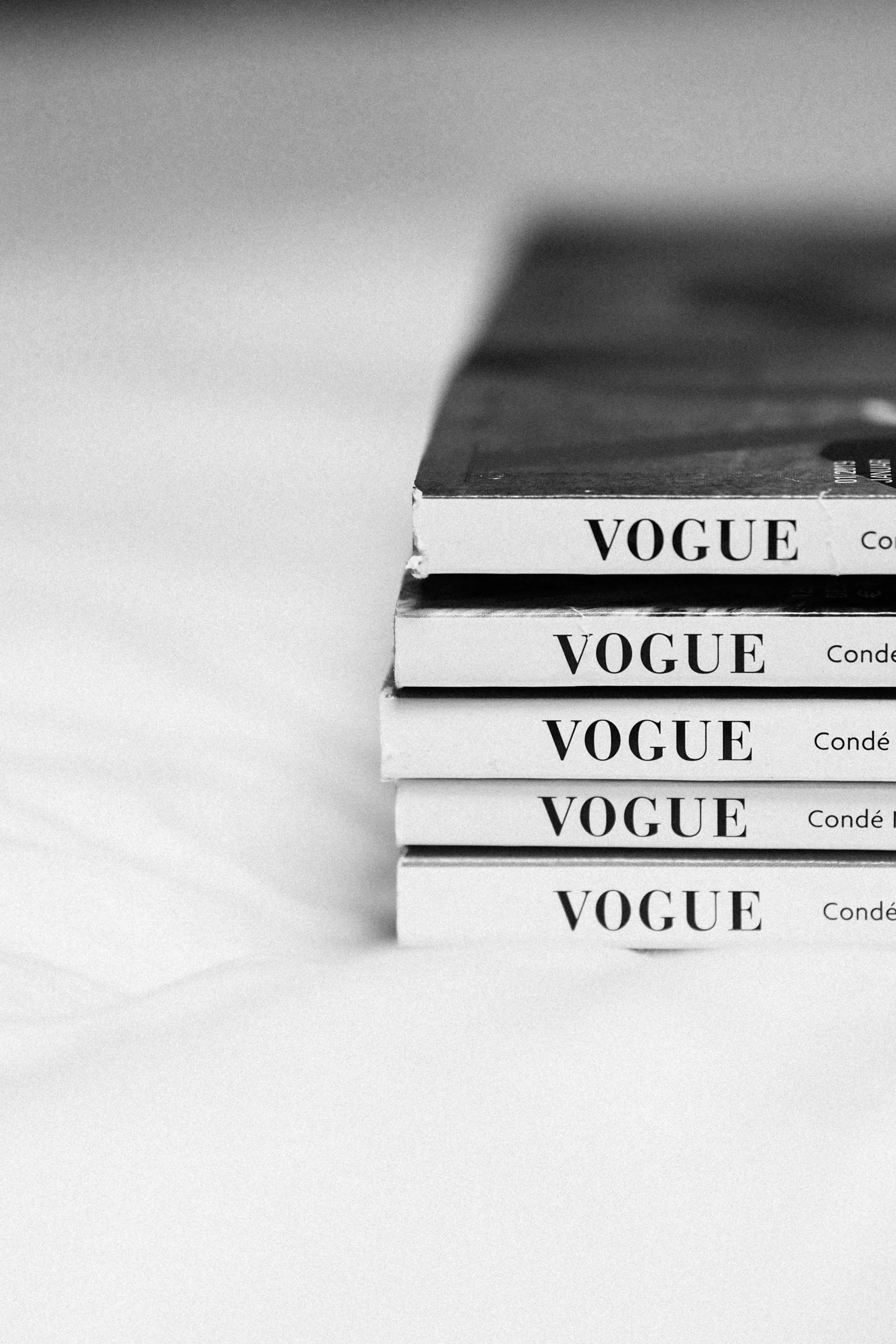Madonna got to strike a (winning) pose this month, after the United States Court of Appeals for the Ninth Circuit ruled that a horn sample used without permission in her song “Vogue” was not copyright infringement.
Four years ago, a Delaware company called VMG Salsoul sued the singer and WB Records, claiming that “Vogue” included illegally copied portions of a seventies song entitled “Love Break.” The suit alleged that producer Richard “Shep” Pettibone, once hired by VMG Salsoul to create remixes of “Love Break,” used a snippet in the globally known pop star’s nineties hit. “The unauthorized sampling was deliberately hidden by [Madonna] within ‘Vogue’ so as to avoid detection,” said the plaintiff. “It was only when VMG specifically looked for the sample, with technology available to it in 2011, that the sampling could be confirmed.” The company sent cease-and-desist letters to Madonna and WB Records in 2011 and 2012 before filing suit. The district court granted summary judgment in favor of defendants in 2013.
In the 2-1 vote, Judge Susan Graber, writing the majority opinion, affirmed the district court’s ruling, and said that the copying was “de minimis,” meaning it was trivial. Furthermore, the court ruled that a general audience would not be able to recognize that the 0.23-second horn section was from “Love Break.” “Defendants copied, at most, a quarter-note single horn hit and full measure containing rests and a double horn hit. After listening to the recordings, we conclude that a reasonable jury could not conclude that an average audience would recognize an appropriation of the composition.” This raises a point: If VMG Salsoul, professionals in the music industry, required technology to confirm that the sample was used, it is highly improbable that the average listener would’ve picked up on it.
Dissenting judge Barry Silverman disagreed that the copying was “de minimis” and called it an outright theft. Citing the Sixth Circuit’s 2006 ruling in Bridgeport Music v. Dimension Films, where that court ruled that any unauthorized copying from a sound recording, no matter how small, was infringement, the judge wrote: [I]f you want to use an identical copy of a portion of a copyrighted fixed sound recording – we’re not talking about ‘substantial similar’ tunes or rhythms, but an actual identical copy of a sound that has already been recorded in a fixed medium – get a license.” Judge Graber had noted that while courts have been following Bridgeport, there was nothing preventing the “de minimis” doctrine from being used in copyright infringement cases involving sound recordings.

Where creative minds come together
What could this ruling possibly mean for sampling snippets of other people’s music without a license in the future? Now that this opinion contradicts the Sixth Circuit’s decade-old ruling, we have a circuit split, and we could see the Supreme Court grant cert eventually.
Follow The Fried Firm blog for more updates on copyright infringement cases.



